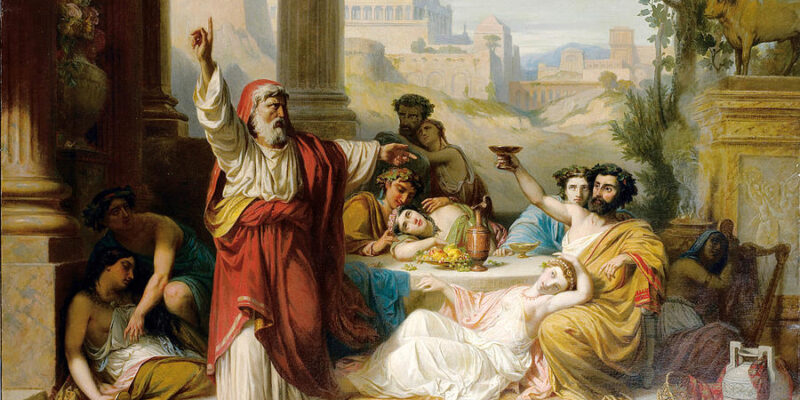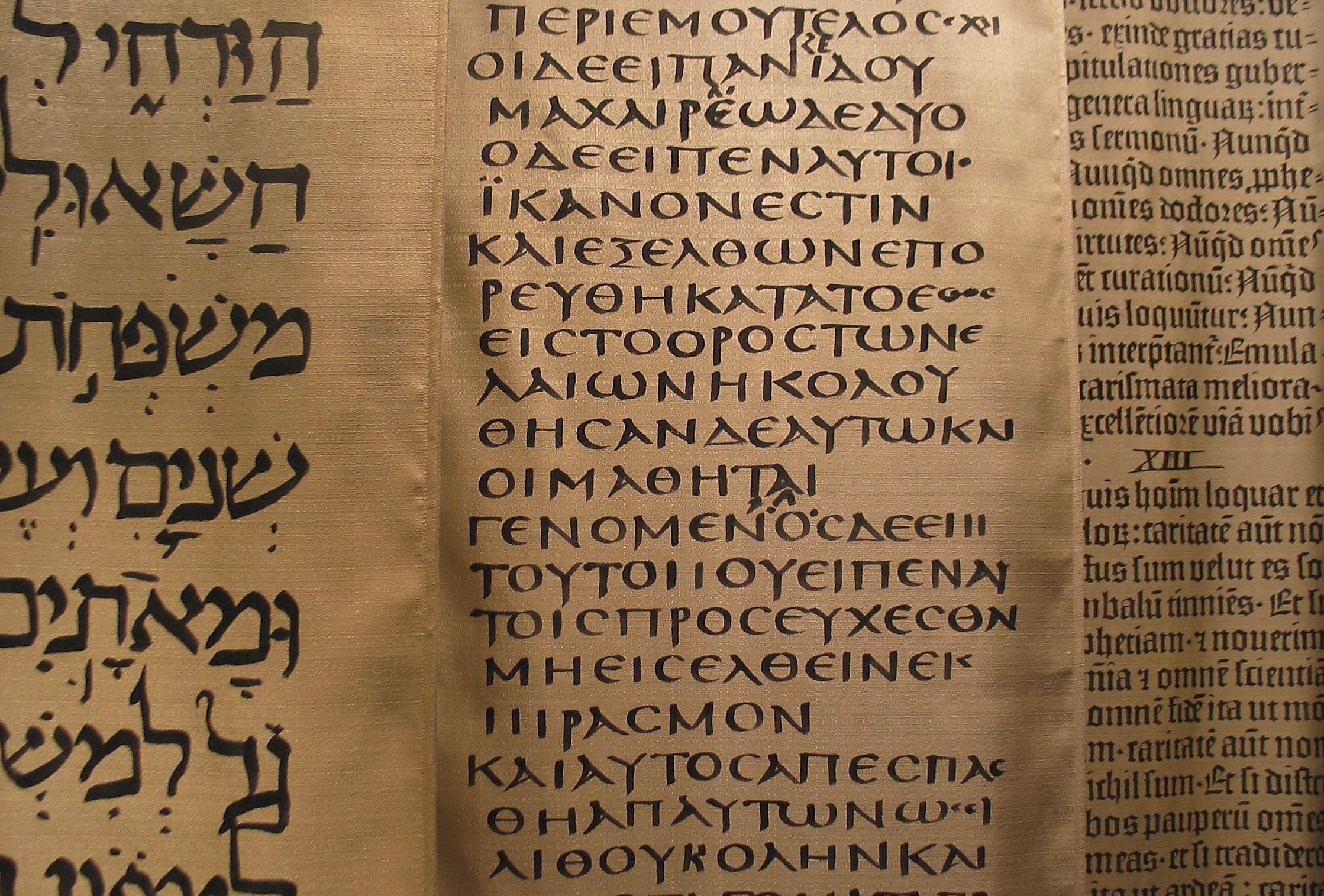Over the past couple years, I have interacted with about a dozen papers and presentations on violence in the Bible hosted by the Centre for the Study of Bible and Violence (CSBV). The Centre has produced and engaged with an impressive number of scholars, focusing deeply on problematic biblical texts as well as contemporary violence that has been justified by the Bible and other religious doctrinal perspectives.
As an Old Testament scholar, I am keenly aware of the many difficult texts that the Bible has to offer. Interacting with other Christians in Bible Studies or even in casual settings, it is clear that many people are ignorant of these violent passages. Teaching the Old Testament in collegiate settings has given me insight. I have come to realize that many Christians are unaware of the difficult and violent parts of the Bible because they read only select portions, as presented to them in devotionals or non-liturgical sermons (although, even in high liturgy, some of the most violent passages are glossed over). When my students are required to read through the entire book of Genesis, or Deuteronomy, or Judges, for example, they have lots of questions. I have even been asked if I somewhat changed their Bible from the one they grew up with. This is the closest I have ever come to being accused of witchcraft. To be clear, I didn’t change anyone’s Bible. What this demonstrates is a growing need to confront difficult passages in a responsible way, so we can better understand Scripture and our worldview.
CSBV conferences have demonstrated a growing interest in dealing with difficult-to-read parts of Scripture. Some of the subjects that continually crop up include Zionism, Purity Culture, Rape and Incest, and Divine Wrath. I won’t go into details on this blog, because you can read about past CSBV conferences on my blog or go to CSBV’s Website.
The Director of CSBV is Rev. Dr. Helen Paynter, and under her guidance, the Centre has become an open space that welcomes scholars from various faith traditions, global backgrounds, and genders to present and take part in the work. I highly recommend taking a look at the Upcoming Events and registering. You never know what you’ll learn about the world, the Bible, or yourself.

Dr. Erica Mongé-Greer, holding a PhD in Divinity from the University of Aberdeen, is a distinguished researcher and educator specializing in Biblical Ethics, Mythopoeia, and Resistance Theory. Her work focuses on justice in ancient religious texts, notably reinterpreting Psalm 82’s ethics in the Hebrew Bible, with her findings currently under peer review.
In addition to her academic research, Dr. Mongé-Greer is an experienced University instructor, having taught various biblical studies courses. Her teaching philosophy integrates theoretical discussions with practical insights, promoting an inclusive and dynamic learning environment.
Her ongoing projects include a book on religious themes in the series Battlestar Galactica and further research in biblical ethics, showcasing her dedication to interdisciplinary studies that blend religion with contemporary issues.




